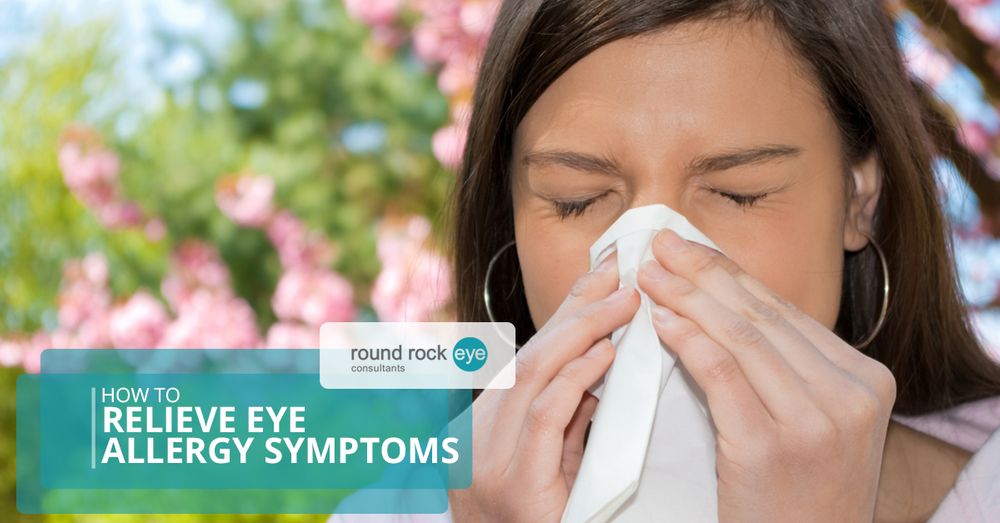What Causes Eye Allergies?
Eye allergies run amok during the fall season, and affect people of all ages. Airborne allergens given off by various pollens, trees, grasses, weeds, and even mold spores enter the the body through the sinuses and also come into contact with the eyes. According to a report by John Hopkins Medicine, the immune system responds to these allergens by generating antibodies, which cause the eyes to release histamine—a compound released by the body’s cells to fight off an allergic reaction to a substance. The body’s overreaction to allergens causes symptoms that impact the sinuses such as frequent coughing, sneezing, wheezing, runny or stuffy nose, and of course, itchy, watery eyes. And while all eye allergies have similar symptoms, and may seem the same, there are actually two types: seasonal allergies, which are the most common, and perennial allergies that affect the immune system all year long.
Follow these Tips to Ease Eye Allergy Symptoms
There are many ways to relieve eye allergy symptoms.
Wear Eye Protection. Wearing either sunglasses (preferably sunglasses with big frames) or eyeglasses when outdoors can help shield the eyes from airborne allergens. This method can help minimize watery eyes.
Pay Attention to Local News Reports. Local news stations in Austin provide air quality alerts, also referred to as ozone action reports, as part of their daily weather reports. These inform viewers about high pollen counts and pollution levels which may affect those sensitive groups with allergies or respiratory issues. Paying attention to these reports can help those with allergies plan for the day ahead, whether it be packing extra eye drops, kleenex, or allergy supplements in a work or school bag.
Avoid Allergens. If an ozone action alert warns of high pollen counts or intense pollutants in the air, it is best to heed these warnings and stay indoors if possible. When it’s windy, or when pollen counts are at their highest in the early morning and early evening, allergy sufferers will certainly show symptoms when outdoors. To keep allergens out of the home, keep all windows shut and run the air conditioner, if possible.
Rinse Out the Eyes. Using cool or luke-warm water, gently rinse out the eyes to loosen and flush any allergens which may have entered the eyes after being outdoors. Over-the-counter eye drops, specifically allergy relief eye drops, may alleviate redness, and can soothe itchy, swollen eyes caused by allergens. Before using eye drops, however, it’s best to first check with Dr. Joseph Meyer, our award-winning eye doctor.


